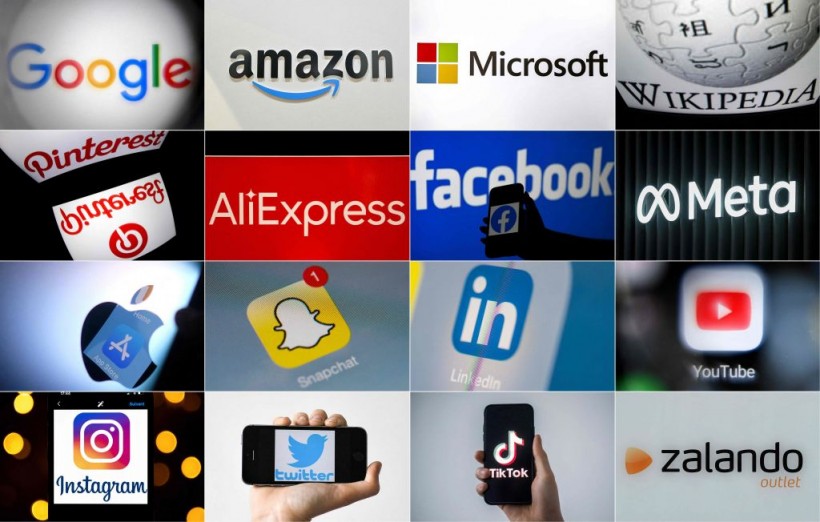
US lawmakers from both sides of the political spectrum are exploring the possibility of phasing out Section 230 protections of the Communications Decency Act, citing concerns that the law has exceeded its usefulness.
US Lawmakers Look to Pull the Curtains Down on Section 230
House Energy and Commerce Committee Chair Cathy McMorris Rodgers and ranking member Frank Pallone, Jr. recently introduced a bipartisan draft bill aimed at making Section 230 ineffective by December 31, 2025.
In an opinion piece penned for The Wall Street Journal, the lawmakers acknowledged that Section 230 played a pivotal role in propelling the internet from its nascent "you've got mail" era to the robust global network of communication.
However, they expressed growing concerns that major tech companies are leveraging this law to shield themselves from accountability for their platforms' adverse impacts on Americans, particularly children.
Chair McMorris Rodgers and Ranking Member Pallone's proposed legislation seeks to prompt a comprehensive evaluation and restructuring of online platforms' legal frameworks.
It aims to balance safeguarding free speech and fostering innovation while compelling tech companies to adopt responsible practices.
Section 230 was enacted as part of the Communications Decency Act in 1996 to facilitate online connectivity, innovation, and information-sharing. It is a critical piece of legislation that provides legal immunity to online platforms for content posted by third-party users.
However, the legislators argue that it has begun to undermine the ecosystem it once nurtured, with tech giants exploiting its provisions to evade accountability for harmful content on their platforms.
"Unfortunately, Section 230 is now poisoning the healthy online ecosystem it once fostered. Big Tech companies are exploiting the law to shield them from any responsibility or accountability as their platforms inflict immense harm on Americans, especially children," Rodgers and Pallone wrote in the op-ed.
They also claimed that there was a clear failure to address these issues over the years, partly due to the alleged reluctance of big tech firms to engage constructively.
Despite Congress's attempts to find solutions that balance innovation with safety and accountability, lawmakers said that bipartisan action is now imperative.
Choice for Big Tech Companies
The bill presents big tech companies with a choice: either engage in constructive dialogue with Congress to ensure a safe and healthy online environment or risk losing the protections afforded by Section 230 altogether.
"Our measure aims to restore the internet's intended purpose-to be a force for free expression, prosperity and innovation. It would require Big Tech and others to work with Congress over 18 months to evaluate and enact a new legal framework that will allow for free speech and innovation while also encouraging these companies to be good stewards of their platforms," Rodgers and Pallone said.
Related Article: Social Media to Face Penalties After Suspension of Section 230, If Anti-Vaccine Posts Get Boosted






